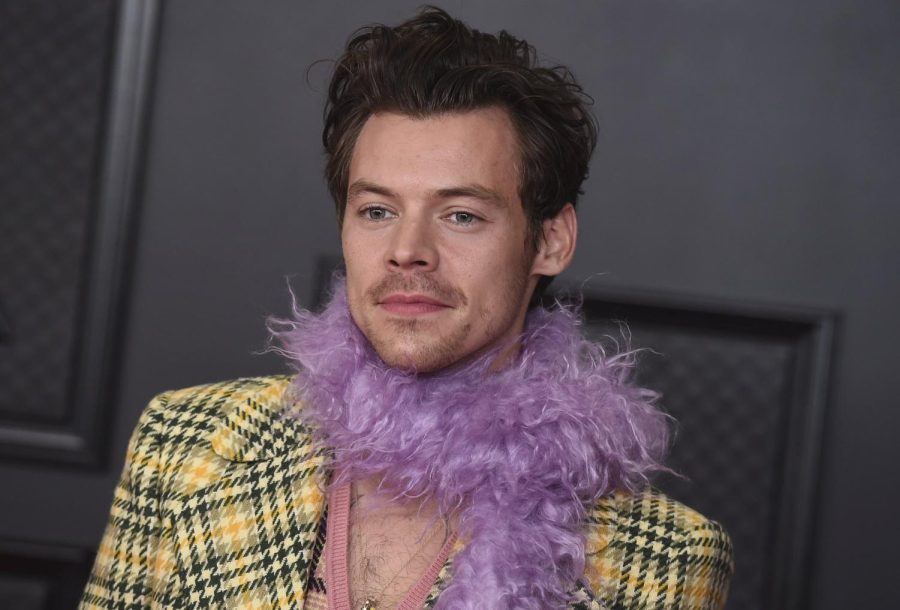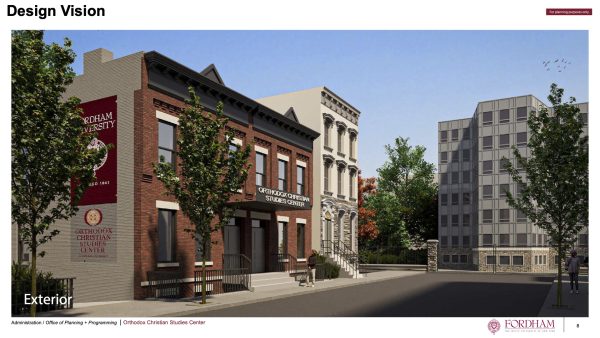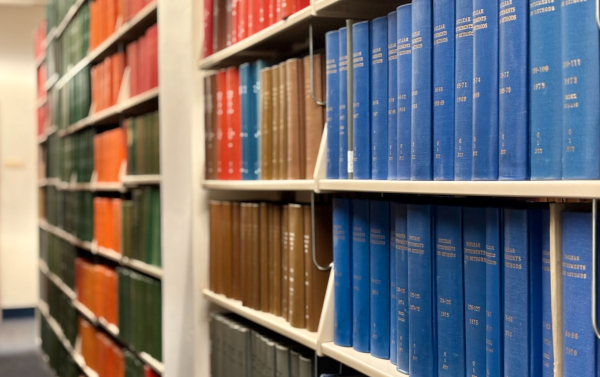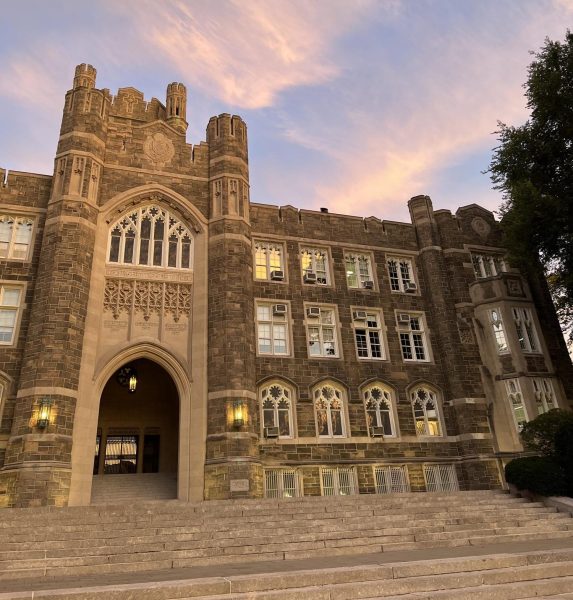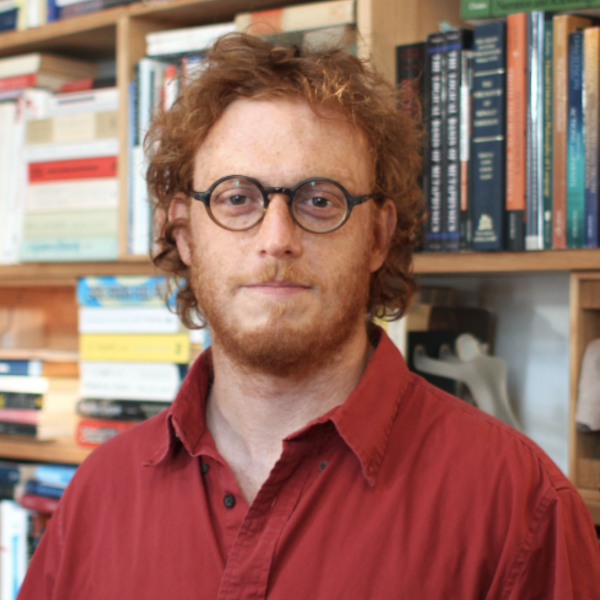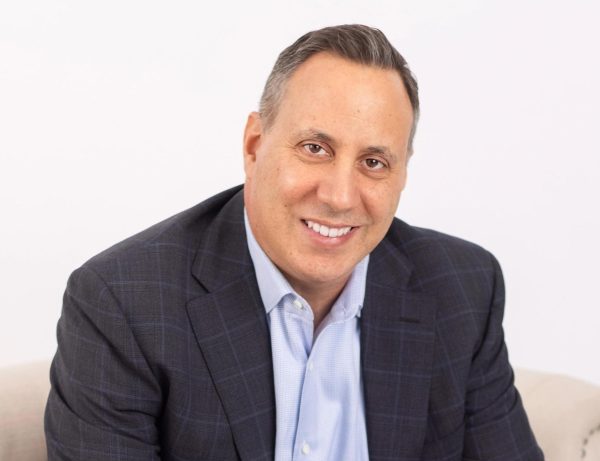Fordham Hosts Lecture on the Impact of Harry Styles
On Oct. 12, Fordham alumni Dr. Louie Dean Valencia, associate professor of digital history at Texas State University, hosted a talk at Fordham University Lincoln Center titled “Harry Styles vs. Intolerance.” Beginning in the spring of 2023, Dean Valencia will teach a class at Texas State called “Harry Styles and the Cult of Celebrity: Identity, the Internet and European Pop Culture.”
David Myers, a history professor at Fordham University, shared why the history department chose to host Valencia: “We were interested in Louie Dean Valencia in part because he has a doctorate from Fordham on modern European history. He has been interested in the study of fascism in Europe and in the United States, and studying fascism requires studying cults of personality.
In the case of Harry Styles, this is someone who could be described as having a personality cult grow up around him, but in a very different and distinct fashion that resonates with young people in the 21st century.”
Myers also noted Styles’ relevance among Fordham’s undergraduate students.
“Harry Styles is very popular with our undergraduates — learning to analyze his work and audience helps our students understand their own world. Undergraduates I asked about the possibility [of hosting Valencia] were genuinely excited about learning something about Harry Styles in a way that might correspond to their own education.”
Valencia first began researching Styles during quarantine in spring 2020. While teaching classes on Zoom, Valencia began to notice that students were engaging less than they were when class was in-person. As a result, he began to play Harry Styles songs before class to get his students in a better mood. Valencia’s students responded well to Styles, and playing Styles’ music before class generated good conversations on topics such as politics.
Valencia began his presentation by delving into Styles’ mantra: “treat people with kindness.” According to Valencia, the phrase “treat people with kindness” is more than a phrase, it’s an ethos. For example, Styles partnered with various local charities on his first solo world tour, raising $1.2 million. More recently, Styles partnered with Headcount, a national non-partisan organization that connects with prospective voters at live music and events. On Styles’ most recent tour, Headcount participated in a six-day partnership with Styles during his Austin residency.
“My whole thesis is these concert spaces are trying to create spaces of love. I think it’s very smart, very direct and very political,” said Valencia.
Valencia noted that, following Styles’ example, he adds “treat people with kindness” on all of his syllabi. Styles’ motto is prevalent in the way he creates a safe space for his fans, particularly at his concerts.
Valencia continued to discuss Styles’ authenticity in creating a safe space for his concert audience. Styles is trying to move past the idea of tolerance and rather, curate a welcoming environment. When fans enter the venue dressed in fruit-themed outfits and feather boas, they feel welcome, not just included.
Students joined the conversation, commenting on Styles’ consistency when it came to creating a safe space for his fans. One student brought up an instance of Styles promoting love and curating a safe space: holding a pride flag on stage at a One Direction concert in Buffalo, NY in 2015.
An example of inclusion at Styles’ concerts is the way he interacts with his fans. Valencia played TikTok videos which document
Styles interacting with fans during his concerts. In one video, Styles asks a fan whether her name is spelled with a C or a K. Styles taking the time to learn how a fan’s name is spelled is a prime example of the welcoming space he creates. In another video, Styles helps a fan propose to his girlfriend.
“All his concerts have these totally unscripted moments where fans bring these signs and he interacts with them,” said Valencia.
In his interactions with fans, Styles is conveying vulnerability. In doing so, Styles is teaching the audience how to be empathetic to others. Additionally, Styles wants fans to learn how to be themselves both during his concerts and outside of the concerts.
Valencia noted, “Harry knows very well that you have to design a space to make people feel authentic … you want to be able to just be you.”
Valencia also discussed Styles’ most recent album, “Harry’s House.” The album conceptualizes his concerts as a metaphorical home. Songs featured on the album, such as “Matilda,” emphasize Styles’ creation of safe spaces for his fans. In the chorus of “Matilda,” Styles sings “You can let it go, you can throw a party full of everyone you know, and not invite your family ‘cause they never showed you love, you don’t have to be sorry for leaving and growing up.”
While discussing “Harry’s House” and the song “Matilda,” Valencia said, “Harry wants to make people realize that home doesn’t have to be your family. He encourages people to create their own homes. This is particular for queer people, especially.”
Valencia opened the floor for questions and students jumped at the chance to express their gratitude for Styles. Many students shared their own experiences at Styles’ concerts, sharing how welcoming the community was and how Styles managed to connect so many people.
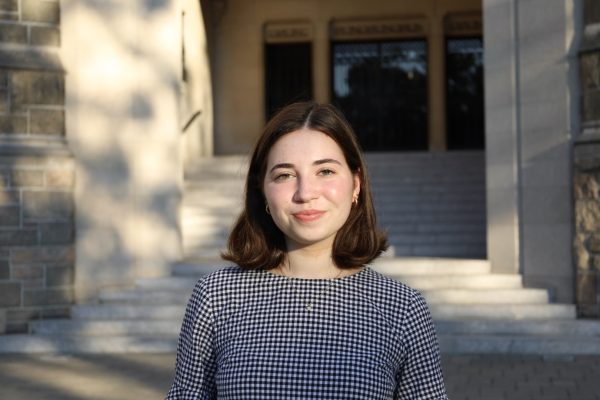
Sofia Donohue is a senior from Kensington, Md., who is majoring in English with a double minor in history and Italian. She first joined the Ram as a digital...





































































































































































































